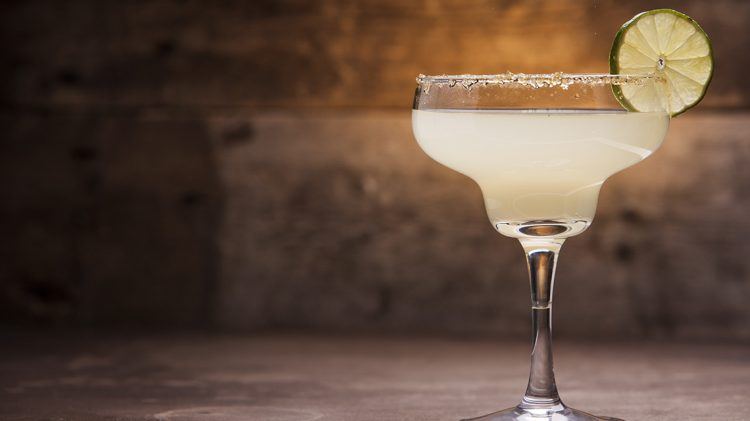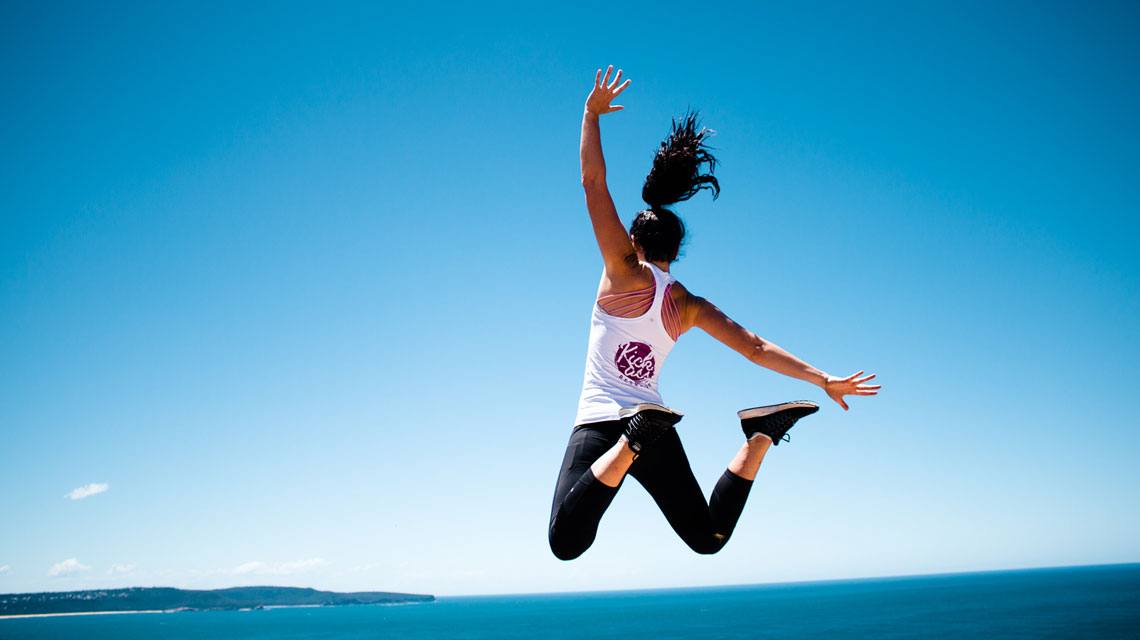
Alcohol and
Strength Training
Don’t drink your gains away
March 3, 2017Don’t drink your gains away
March 3, 2017If we were to tell you that drinking post-workout reduces your hard earned results, would we have your attention? What about if we said that binge drinking the night before your session will reduce your performance and therefore limit your strength and fitness gains?
Alcohol consumption has been shown to reduce performance, slow muscle growth, increase body fat storage, slow metabolism and reduce quality of sleep. This means that even if you’re training consistently and drinking to excess regularly, you will only be receiving a fraction of the results that you would be otherwise.
As a trainer, I find that alcohol is sometimes the one thing that people aren’t willing to kick or compromise on. So often I’m told that people want to boost their strength and fitness as well as reducing body fat, and yet they overlook the profound impact that excess alcohol consumption has on their bodies.
While moderate consumption of alcohol is seen to have some minor benefits, the risks far outweigh them. It’s well known that alcohol consumption above two standard drinks per day increases the risk of lifestyle-related diseases such as cardiovascular disease, cancer, diabetes, and obesity. However, in my experience, it is difficult for people to comprehend the reality of developing these diseases; they are hard to relate to, intangible, overwhelming and seemingly an eternity away.
Conversations around alcohol, therefore, can often feel intangible and lack relevance. So I like to simplify them to focus on aspects that are meaningful and actionable on the spot.
Get your head around these three points to make sure you are not robbed of the results you are working hard for.
1. Performance / The Hangover
To start with the obvious, excess alcohol consumption leads to a hangover which negatively impacts performance. Not only can this leave you with a headache, nausea, and overall fatigue, but excess alcohol also acts as a diuretic, which can lead to dehydration.
How does this affect my performance?
Exercising after a night of drinking can dehydrate you further as you sweat even more in an attempt to control your body temperature. Not only are you then more likely to overheat, but dehydration causes reduced blood flow and oxygen supply to your working muscles, which really impacts upon your performance.
No wonder it is so much harder to train after a night out!
2. Fat Gain / The Blow Out
There are a few factors worth considering here:
Firstly, alcohol has little nutritional value and yet is processed by the body in preference to any other nutrient. With alcohol meeting the energy demands of your body fat oxidation is put on hold meaning that excess calories consumed while drinking alcohol will be stored as fat.
Secondly, alcohol provides ”empty” calories as they come without satiety (the feeling of fullness) which can result in late night binges where the nutrients cannot be processed and so are stored instead. Therefore, a higher alcohol intake has been found to be associated with greater total body fat percentage especially around the midline. Ouch.
Want to kick that extra fat around your midline?
Give alcohol the boot, or at least cut down to four alcohol-free days per week.
3. Recovery / The Kicker
When it comes to recovery, sleep is King. It has a profound impact on muscle growth and general well-being. It’s well documented that while alcohol consumption may help people fall asleep faster, the quality of sleep is reduced. The immediate impact of this is daytime tiredness and lack of concentration. However, there is a larger impact to consider.
Alcohol consumption within a few hours of bedtime means less REM (Rapid Eye Movement) sleep. This stage of sleep has been shown to be the most important in restoring organs, bones and tissue, as well as replenishing immune cells and circulating human growth hormone.
Although more research needs to be done, it’s also suggested that alcohol ingestion suppresses protein synthesis in skeletal muscle which would impact the adaptation to training and future performance.
How does that affect my training?
Without enough quality sleep, your recovery will be compromised meaning a reduction in performance, muscle growth, strength adaptations, and energy.
Now you understand the effect that alcohol has on your training, let’s move to 5 things that you can put into action immediately:
1. Keep your heavy training days alcohol free.
2. Steer clear of drinking the night before a long run, heavy strength session or race to make sure you can perform.
3. If you choose to drink, stick to a maximum of 2 standard drinks per day.
4. Eat a meal high in protein before you drink to avoid late night binges.
5. Finish up your last drink at least 2 hours before you go to bed. Have a cup of herbal tea to help you get some quality sleep.
Now you’re armed with the information to maximise your efforts and get the most from your training.
Let’s go!


